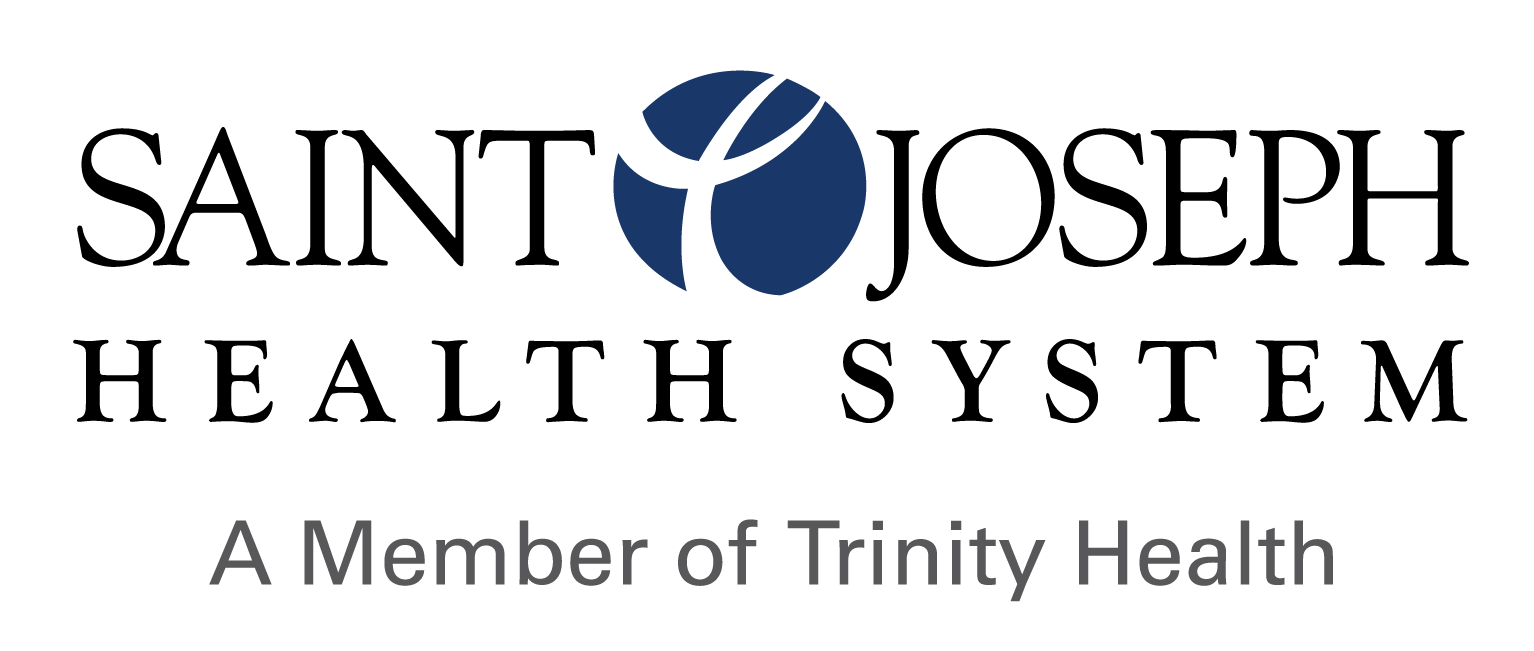Pharmacy Residency Program Mission & Philosophy
The Pharmacy Practice Residency Program is designed to produce a model pharmacy practitioner capable of providing direct and collaborative patient care through participation in multidisciplinary teams and pharmacist run clinics. Over the course of the residency, the pharmacist will gain expertise in the education of future pharmacists and other associated healthcare professionals.
SJHS PGY1 Pharmacy Residency Program
Purpose:
The SJHS PGY1 Pharmacy Residency Program builds upon Doctor of Pharmacy (PharmD) education and outcomes to develop pharmacist practitioners with knowledge, skills, and abilities as defined in the educational competency areas, goals, and objectives. Residents who successfully complete the SJHS PGY1 Pharmacy Residency Program will be skilled in diverse patient care, practice management, leadership, and education, and be prepared to provide patient care, seek board certification in pharmacotherapy (i.e., BCPS), and pursue advanced education and training opportunities including postgraduate year two (PGY2) residencies.
Outcomes To Achieve This Purpose:
Upon successful completion of this residency program, the pharmacist will be able to:
- To Teach. Successfully educate medical students, PharmD candidates, and family medicine resident physicians regarding the epidemiology, pathophysiology and acute evidence based management of disease (R4).
- To Treat. Effectively participate in, as well as, provide leadership and direct patient care for multidisciplinary initiatives, including medication safety, new clinical programs and hospital and local sub-committees (R1,R2).
- To Lead. Effectively lead initiatives that improve the practice of pharmacy, focusing on patient care, performance improvement, and medication safety (R3).
- Actively lead or participate on multidisciplinary teams or committees (R3).
Methods By Which Outcomes Will Be Achieved:
- The resident pharmacist will teach pharmacologic and pharmacotherapeutic principles to future pharmacists, physicians, and other associated healthcare professionals in formal and informal, clinical and didactic settings.
- The resident pharmacist will develop, initiate, substantiate, conduct, and monitor direct and collaborative patient care services.
- The resident pharmacist will develop and apply leadership philosophies and practice management knowledge necessary for high level functioning and a successful practice.
- The resident pharmacist will participate on interdisciplinary patient care committees and task forces.
Sites At Which Methods Will Be Practiced:
Two hospitals make up Saint Joseph Health System, Inc.: Mishawaka and Plymouth. Saint Joseph Health System, Inc. is a member organization of Trinity Health. The Department of Pharmacy Resources at the Mishawaka Campus of the Saint Joseph Health System conducts numerous, diversified and progressive programs within the hospital, and has made significant contributions to improving patient care. The mainstay of our commitment and involvement is the responsibility of assuring patient safety relative to the prescribing and administration of all medications. Ten pharmacists serve as faculty for the PGY1 Pharmacy Residency Program. These pharmacists continually strive to provide an overall atmosphere conducive to the education of our residents.
SJHS-FMC PGY1 Pharmacy Residency Program
Purpose:
The SJHS-FMC PGY1 Pharmacy Residency Program builds upon Doctor of Pharmacy (PharmD) education and outcomes to develop pharmacist practitioners with knowledge, skills, and abilities as defined in the educational competency areas, goals, and objectives. Residents who successfully complete the SJHS-FMC PGY1 Pharmacy Residency Program will be skilled in diverse patient care, practice management, leadership, and education, and be prepared to provide patient care, seek board certification in pharmacotherapy (i.e., BCPS), and pursue advanced education and training opportunities including postgraduate year two (PGY2) residencies.
Outcomes To Achieve This Purpose:
Upon successful completion of this residency program, the pharmacist should be able to:
- To Teach. Successfully educate medical students, PharmD candidates and family medicine resident physicians regarding the epidemiology, pathophysiology and evidence-based management of disease states commonly encountered in an ambulatory setting (R4).
- To Treat. Empathetically provide direct and collaborative patient care while also being knowledgeable about the constructs or infrastructure that must be in place in order to practice (R1,R2).
- To Lead. Effectively lead initiatives that improve the practice of pharmacy, focusing on patient care, performance improvement, and medication safety (R3).
- To Lead. Actively lead or participate on relevant multidisciplinary teams or committees (R3).
Methods By Which Outcomes Will Be Achieved:
- The Pharmacy Resident will teach pharmacologic and pharmacotherapeutic principles to future pharmacists, physicians, and other associated healthcare professionals in formal and informal, clinical and didactic settings.
- The Pharmacy Resident will develop, substantiate, and plan the initiation of a marketable pharmacy service while gaining practical experience conducting and monitoring current direct and collaborative patient care services.
- The Pharmacy Resident will develop and apply leadership philosophies and practice management knowledge necessary for high level functioning and a successful practice.
- The Pharmacy Resident will participate on interdisciplinary patient care committees and task forces.
Sites At Which Methods Will Be Practiced:
Though Saint Joseph Health System PGY1 Pharmacy Residency Program is housed in Saint Joseph Family Medicine Center (FMC), core and elective rotations also take place in an independent community pharmacy, a health-system community pharmacy, long term care facilities, a medical school clinic for the underserved, and Saint Joseph Regional Medical Center hospital. At these sites, pharmacists are responsible for independent and collaborative patient care, medication dispensing, pharmacotherapeutic education, and practice management initiatives. These pharmacists continually strive to provide an overall atmosphere conducive to the education of our residents.
